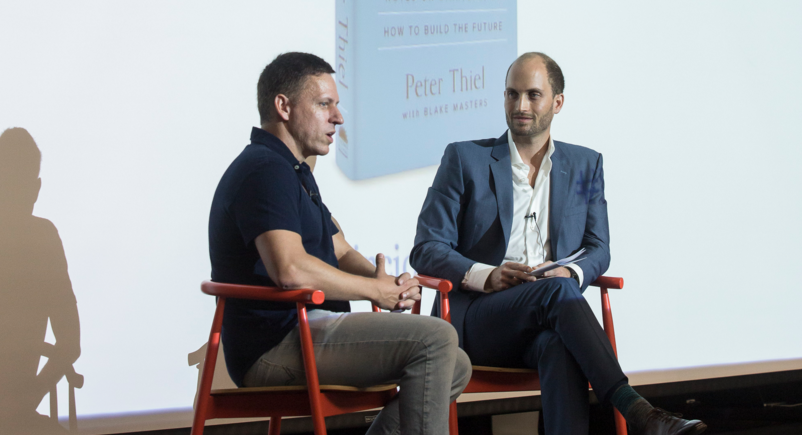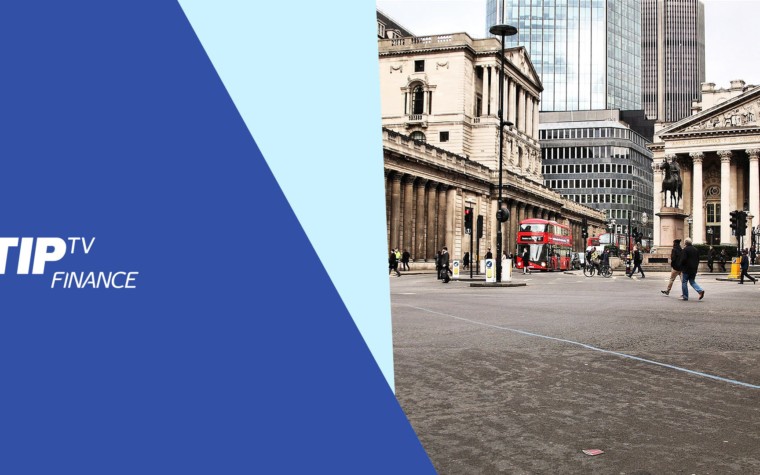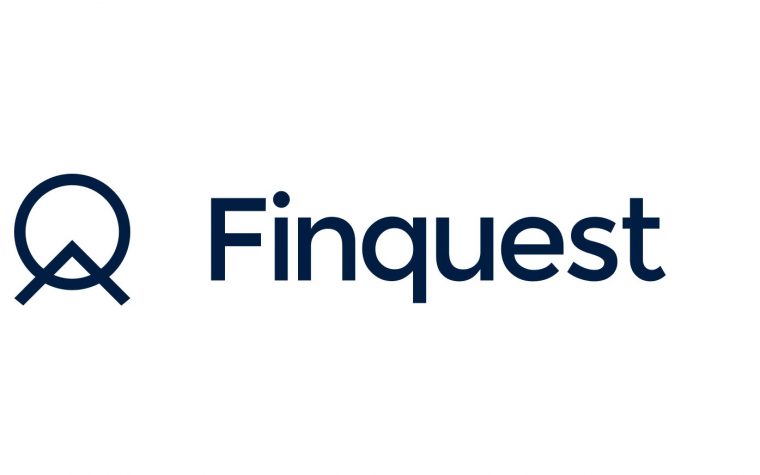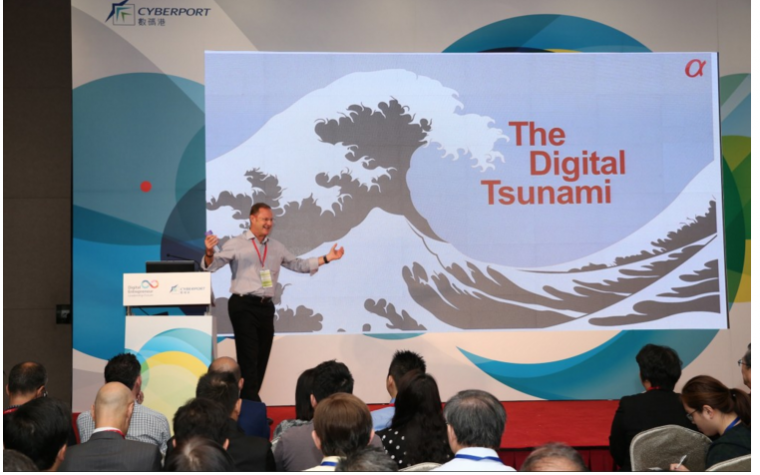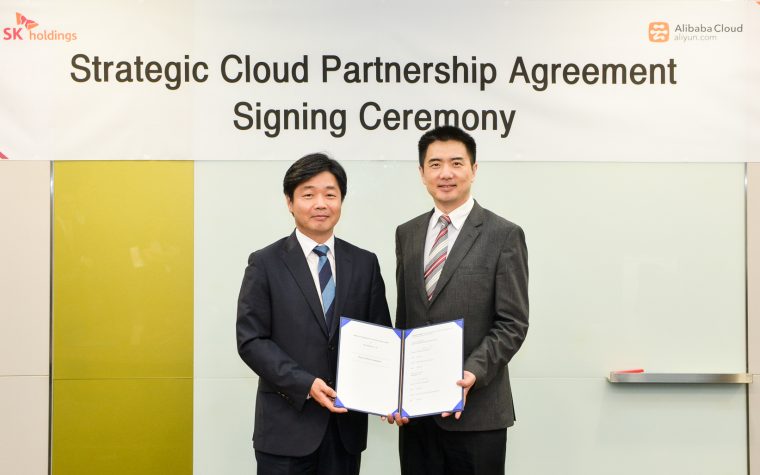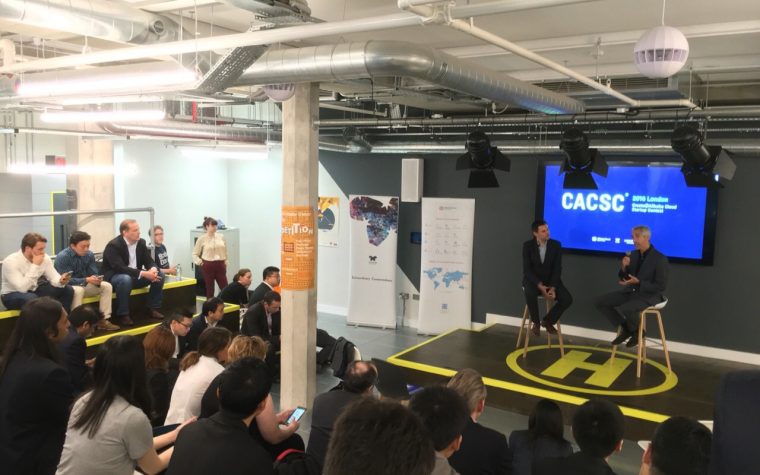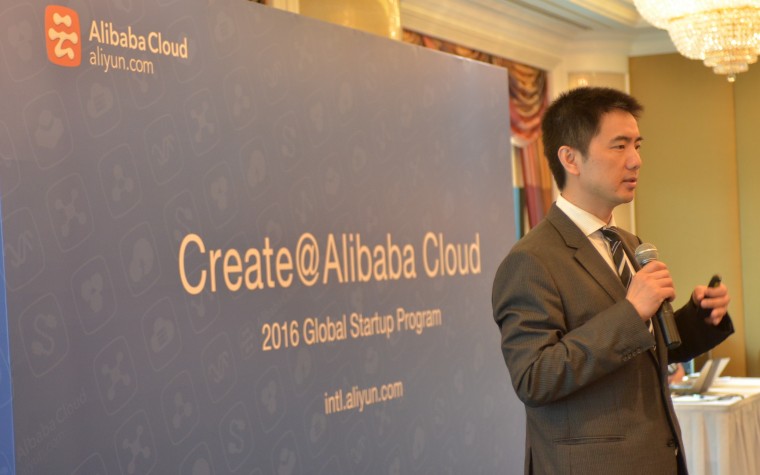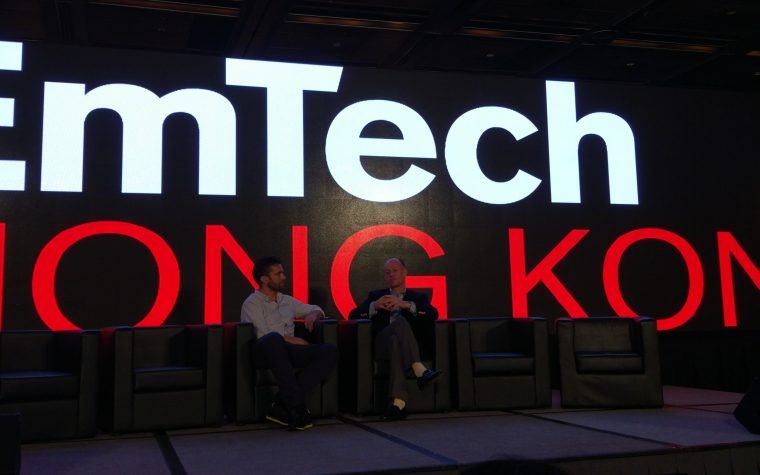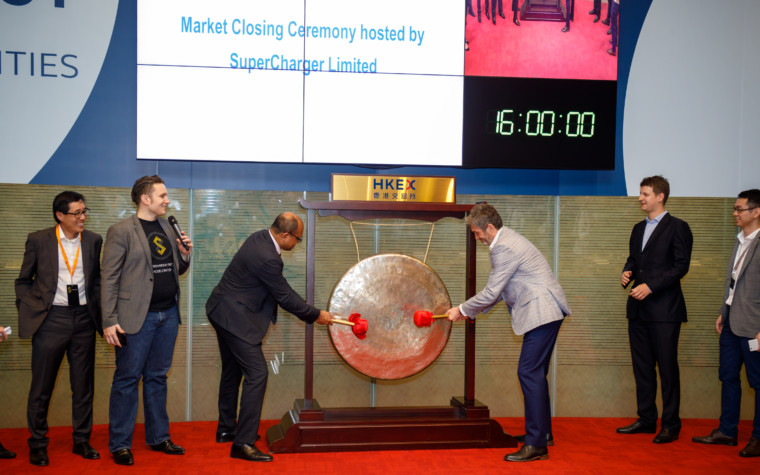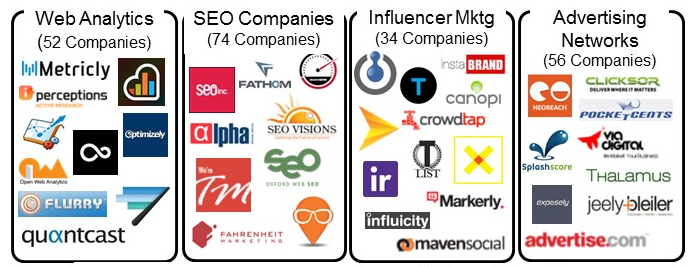Graduate of Stanford Law, cofounded PayPal, sold it to Ebay for $1.5 billion, and then went on to establish Palantir Technology, one of the most valuable privately owned tech company with an estimated valuation of $15 billion. So when Peter Thiel talks about technology, you want to listen to what he has to say. So on the stormy afternoon of 23 May, I joined the Thiel talk along with 500 enthusiastic audiences. Here are 7 things I learned from him that day (most of the points are captured in his popular book Zero to One):
1. Avoid Madness of the Crowd
When Thiel graduated from Stanford Law years ago, the largest cohort of people went to do the hottest thing. Today, chasing the hottest thing is still prevalent among MBA graduates at the end of their two-year program. He dubs this the “madness of the crowd”. Similarly, in business, he says the standard approach for companies is to go after big and competitive markets because subconsciously humans find competition reassuring and we even think of those who aren’t competitive enough as losers. But according to Thiel, competitions are for losers. Avoid madness of the crowd, go where no one else is going.
2. Being the Big Fish in a Small Pond is better than Small Fish in a Big Pond
All happy companies are different, but all unhappy companies fail to escape competition. Thiel’s advice is to aim for monopoly in a small niche: failed companies tend to be ones that face too much competition. Facebook was able to go from zero to 60% market share within 60 days because initially it was only targeting the 12,000 students at Harvard.
At the other end of the spectrum is being a small fish in a big market, the logic is that since the market size is so huge, even retaining a 1% market share is big enough. Most of the companies that went after “a small market share” in the multibillion clean tech market failed exactly because the competition was way too fierce. So go after large share in a small market, rather than a small share in a giant market.
3. The Big Fish don’t Admit that they are Big
Monopoly in a niche market is rarely understood for the simple reason that monopolies themselves do not talk about it. For example, rather than acknowledging its dominance in search (as of May 2014 Google owned 68% of the search market vs 19% and 10% for Microsoft and Yahoo! respectively) which is probably as prevalent as the one Microsoft had on operating systems in the 90s and 2000s if not more, Google would downplay its influence and instead claim it is a small player in the huge technology and advertising market in which it owns only <0.3% and 3.4% respectively.
4. Last Mover Advantage
Successful companies such as Facebook and Google were not the first companies in social networking or searches. Yet over time they flourished because of their respective key differentiations – Google was known for its machine-powered search while Facebook was the first to crack real identity. The critical difference between them and those who struggle is durability.
By definition, a company’s value is the aggregate of the present value of its future cash flows. According to Thiel, tech companies are counterintuitive in that they are often loss making initially with the bulk of cash inflow projected to come in much later. This model of delayed revenue is due to the fact that it takes time to build a valuable business. Most tech companies’ values are derived from cash flow revenue at least 10-15 years away. For instance, in March 2001, he found out from a discounted cash flow analysis that 75% of PayPal’s present value would come from 2011 and beyond. Therefore, the crucial question will be whether or not the business is durable enough to last the time frame.
5. Build it Lean and have a Plan
Identify a niche, narrow the focus down to a category and then build a “lean” startup (read: flexible). But one should still have a plan, because having a plan is better than no plan at all. Once that’s in place, continue to iterate and improve the model. This way the business has a higher chance of survival than just “wing it” aka figure it out as you go along.
6. Thiel on Asia and China
According to Thiel, the competitive advantage Asia has is its hardworking people, while the challenge lies in its hyper competitiveness and the speed at which ideas can get copied. So the critical issue lies in the two time frames – T1, the time at which it takes you to dominate the market vs T2, the time that it takes for someone to copy you. Making sure T1 is less than T2 is key. As for China, a country that has experienced more globalization than any others, Thiel says one needs to look at China beyond its GDP numbers – how much longer China can continue to innovate will be important.
7. A Charismatic Founder is Important
Companies that are still founder-led such as Amazon and Google are doing better than others and have a more bullish outlook. On the other hand, companies led by professional managers tend not to be as effective in resource allocation. For example, according to Thiel, publicly listed companies may be more inclined to use cash for share buybacks or treasury bills than breakthrough technologies.
I’d love to hear from you. Drop me a line at chucklingeveryday@gmail.com
By Qing Yuan Zhou

